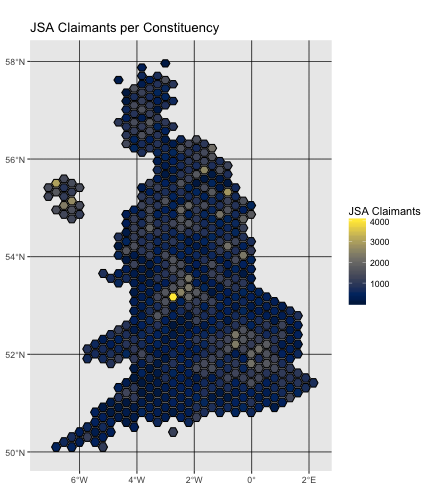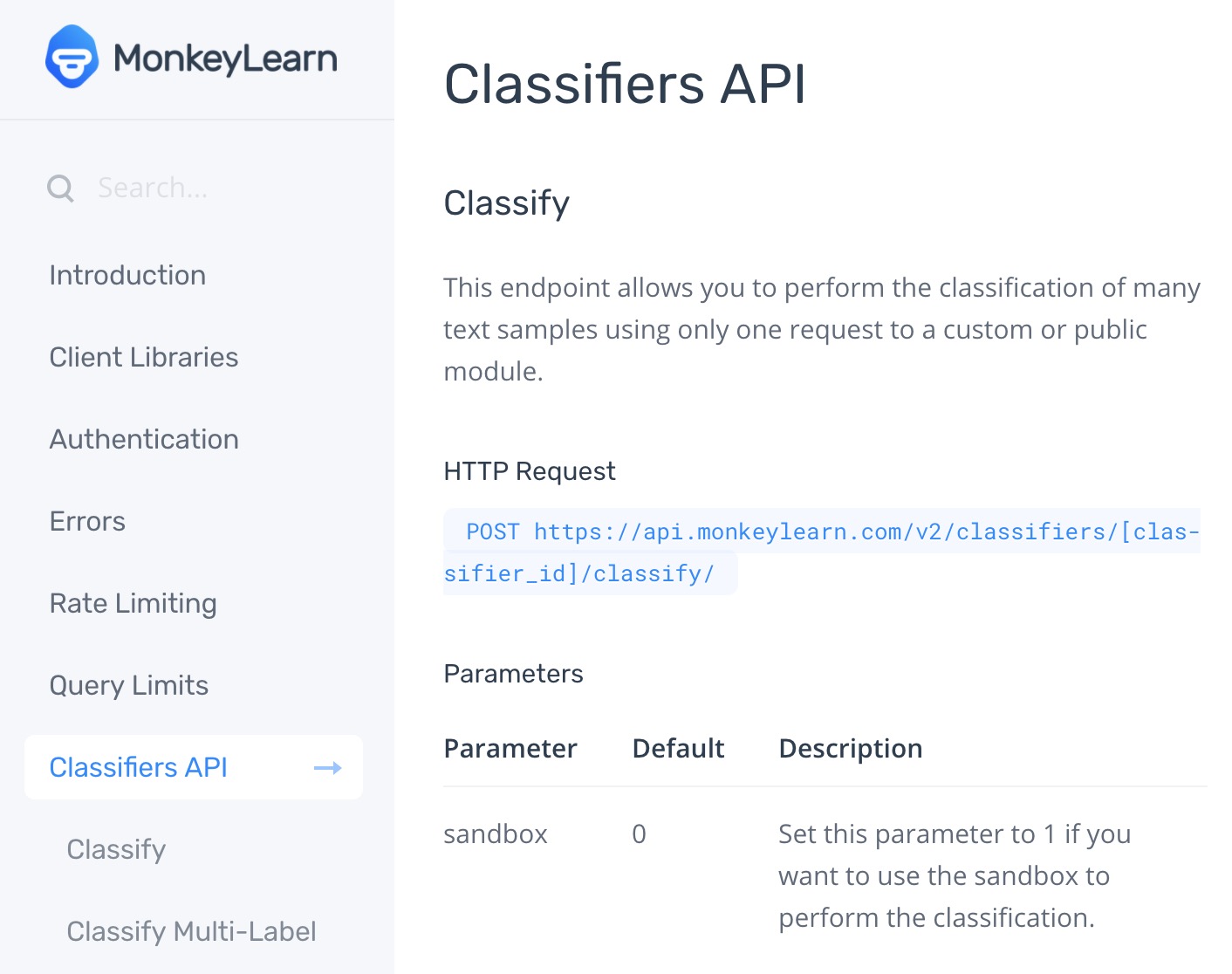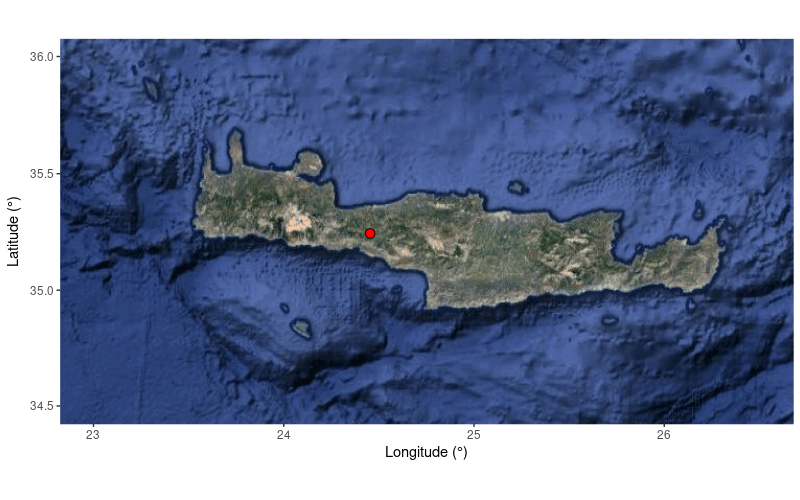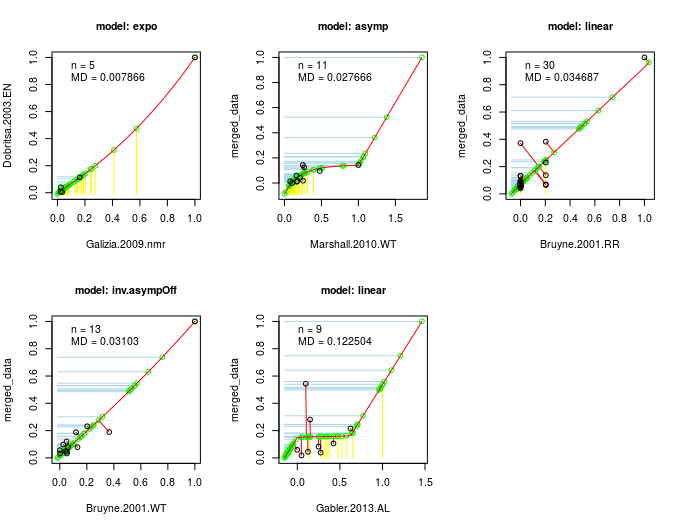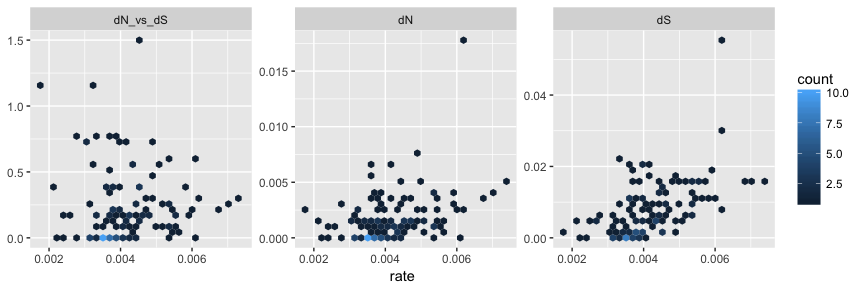
Phylogenetic trees are commonly used to present evolutionary relationships of species. Newick is the de facto format in phylogenetic for representing tree(s). Nexus format incorporates Newick tree text with related information organized into separated units known as blocks. For the R community, we have ape and phylobase packages to import trees from Newick and Nexus formats.
